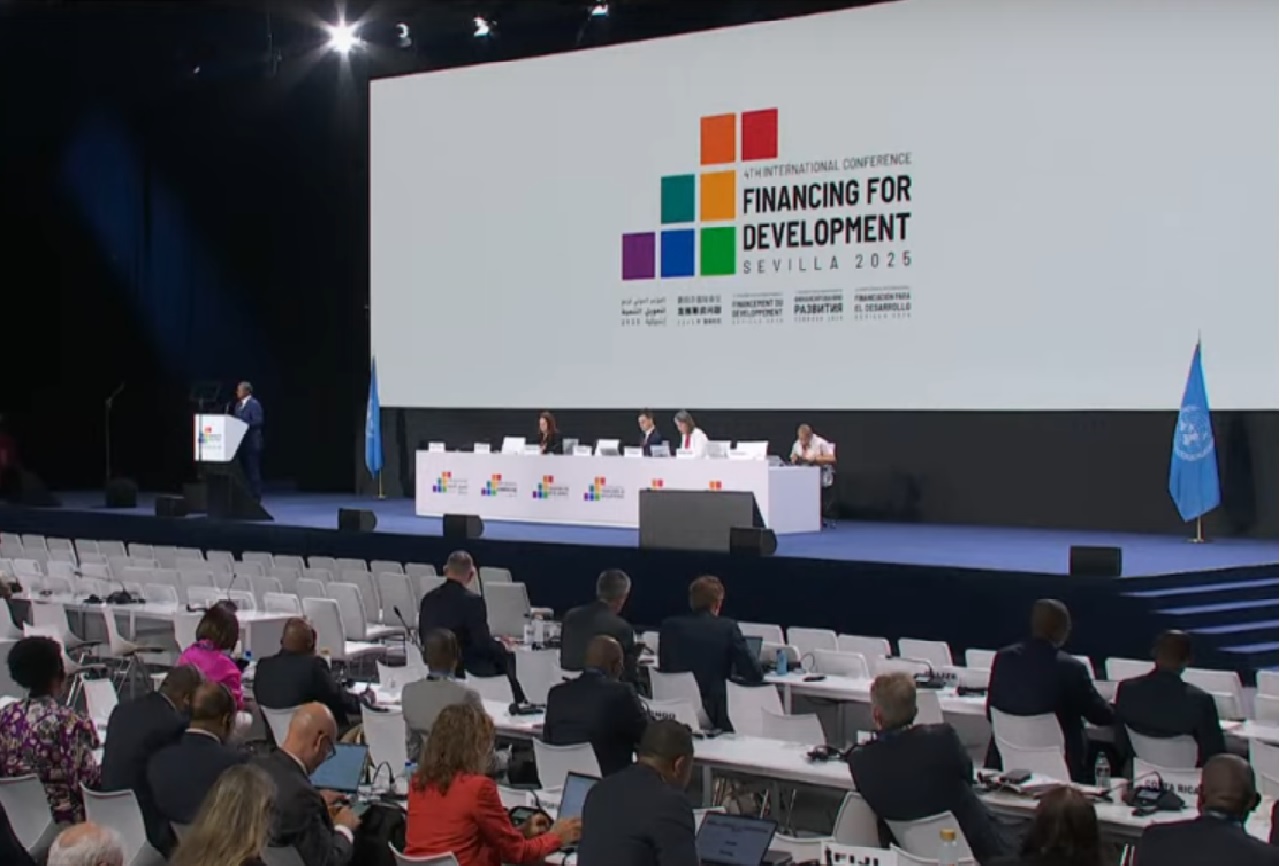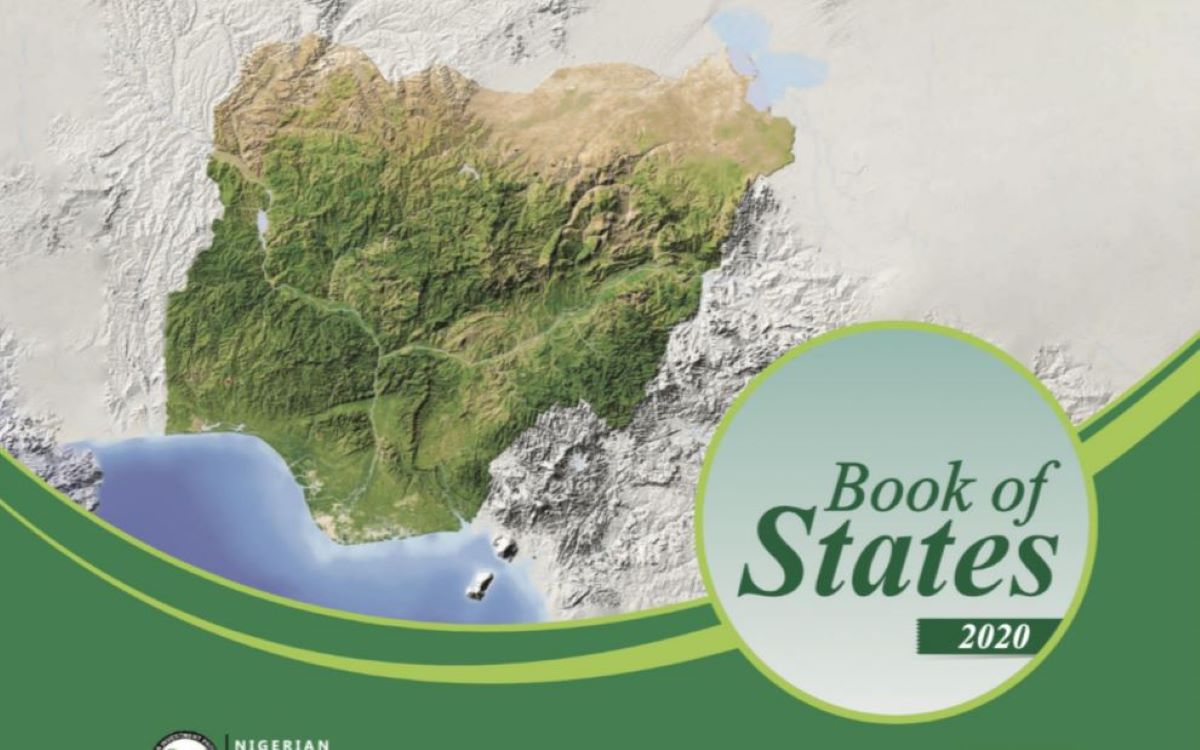A recent study published in The Lancet warns that deep cuts to U.S. foreign aid, particularly funding to the U.S. Agency for International Development (USAID), could result in more than 14 million additional deaths globally by 2030, reversing decades of progress in global health and development.
This alarming projection comes amid the Trump administration’s decision to slash over 80% of USAID programs, which have historically played a vital role in preventing deaths in low- and middle-income countries, especially in Africa.
The study, coordinated by researchers from the Barcelona Institute for Global Health (ISGlobal) and other global institutions, analyzed data from 133 countries and found that from 2001 to 2021, USAID-supported programs helped avert approximately 91 million deaths, including about 30 million children’s lives saved.
These programs have been crucial in combating diseases such as HIV/AIDS, malaria, diarrheal diseases, and respiratory infections.
Modeling two scenarios—one with continued 2023 funding levels and another reflecting the announced 83% funding cuts—the researchers forecast that the current funding reductions could cause over 14 million preventable deaths by 2030, including 4.5 million deaths among children under five.
This translates to roughly 700,000 child deaths annually that could have been avoided with sustained aid.
Davide Rasella, the study’s coordinator and a research professor at ISGlobal, emphasized the severity of the situation, stating that the funding cuts threaten to abruptly halt and even reverse two decades of health gains.
- New Decision for Maryam Sanda as She Gets 12 Years
- China-Nigeria Sign $400m Deal to Boost Steel Production
- Ramping up Renewables in Nigeria After UN Emission Report
He warned that for many vulnerable countries, the impact of these cuts could be as devastating as a global pandemic or major armed conflict. Rasella also highlighted that dismantling USAID undermines the United States’ global image and leadership in humanitarian assistance.
Foreign Aid Cut & Scaling Back USAID
The study was released as world leaders gathered at a United Nations aid conference in Seville, Spain, aiming to strengthen international development financing.
The U.S. is the largest humanitarian aid donor globally, contributing over 38% of UN-recorded aid and disbursing $61 billion in foreign assistance last year, with more than half channeled through USAID.
Experts and human rights advocates have expressed grave concerns that the Trump administration’s approach to cutting foreign aid could lead to a catastrophic setback in global health, particularly affecting vulnerable populations in Africa and other low-income regions.
The study calls for urgent realignment of global financing to meet development goals and save millions of lives.




